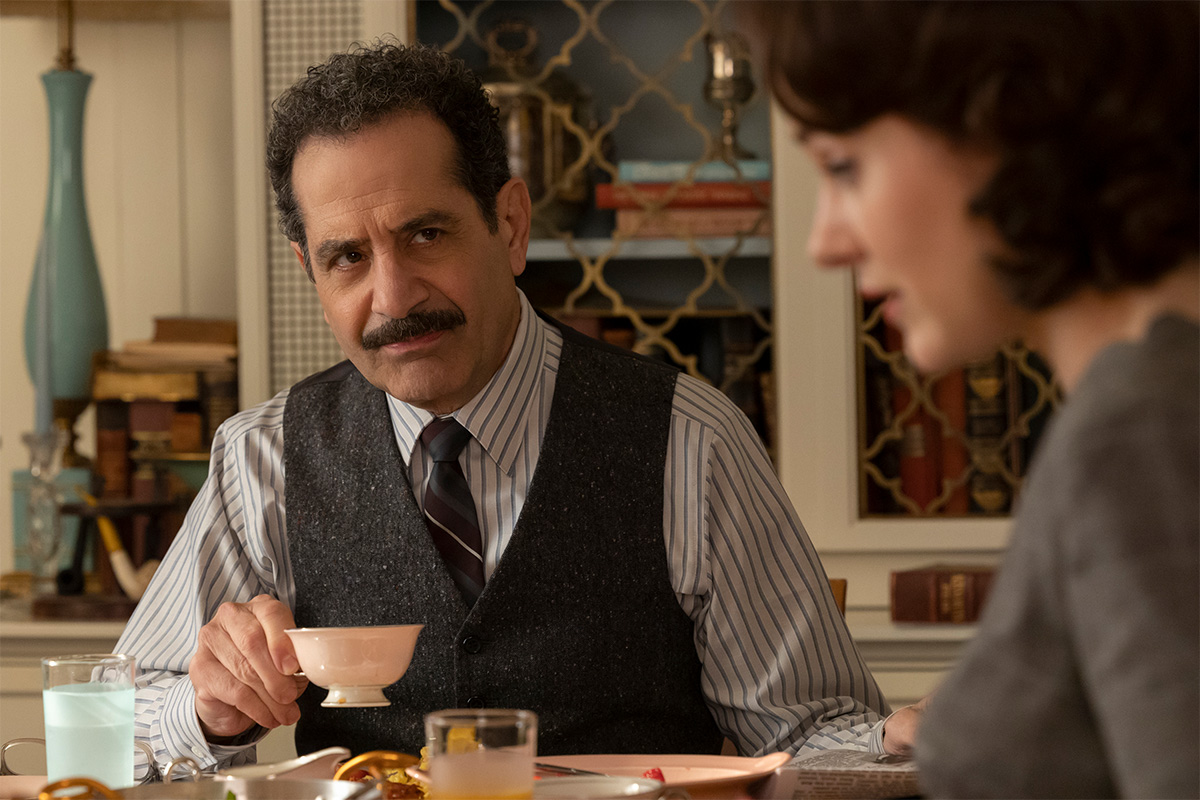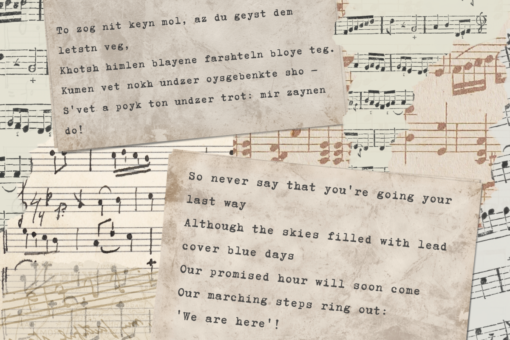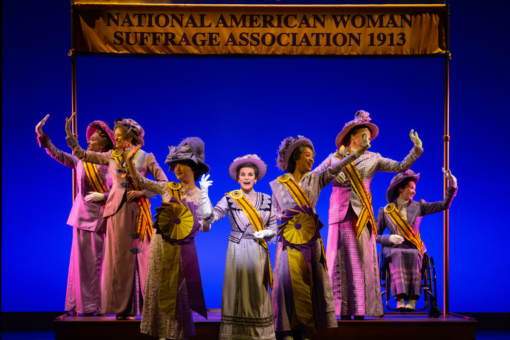Whenever I think of a loving parent, my mind is usually flooded by warm and tender images: a father teaching his young children how to play some game from his childhood, a mother singing her daughter to sleep, parents cheering on as they watch their tiny human take their first steps. Never in a million years did I think I’d ever consider someone like Abe Weissman, Midge Maisel’s father on the Amazon Prime show “The Marvelous Mrs. Maisel” as the epitome of a loving father, but here we are.
For most of the show’s five-season run, which is coming to an end this week, Abe Weissman, played by the incomparable Tony Shalhoub, has been a judgmental, neurotic, sometimes quirky, and always pragmatic person. He’s been the kind of father that makes snap judgments and sticks with them to the end — like when he decided he did not like Midge’s now ex-husband, Joel — in a way one would think only a stubborn child is capable of.
But behind his strict and no-nonsense personality hides a deep love for his family, one that, despite the man’s prodigious mind, he can’t seem to accurately demonstrate — at least not to his daughter Midge. Despite all of this, Abe has always had a special place in my heart; mostly because he reminds me of my own Jew-ish father (my dad became what he calls “Jew-ish by association” when he married my mom, but that never stopped him from taking over the role as the head of our Jewish household) — very smart, neurotic, sometimes funny, rarely affectionate, but still always there, loving his daughter is his own odd way.
Much like Abe’s relationship with Midge, my own relationship with my father has been complicated at best. While I haven’t had a marriage abruptly end the night before Yom Kippur only to have my father blame me for not doing enough when I went to him for comfort, I have had to go through traumatic moments where my father was unable to offer the emotional support and comfort that I needed. I’ve had to work twice as hard as my brother ever did to convince my parents, but especially my father, that a career in what I love (fashion, and later on, writing) was just as valid as a career in law or business. Because much like Abe Weissman with Midge’s brother Noah, I’ve always had the feeling that my father has a very strong preference for his son over his daughters.
Throughout the series, Abe seems to consistently underestimate Midge, the hardships she goes through, and the resilience she consistently shows, all because of some Weissman firstborn son myth that led him to believe that only Weissman men could be gifted geniuses. He continuously minimizes Midge’s experiences and very obviously prefers Noah, probably because he finds it easier to relate to his son’s more “traditional” type of genius compared to his daughter’s. Still, Midge has shown up for her father (and her family) time and time again, proving that her approach to life isn’t as foolish as her father might think. After all, it was Midge who suggested the trip to Paris that saved her parents’ marriage when her mom fled New York; it was Midge who took her parents into her apartment after Abe lost his job at Columbia and subsequently their home; and it was Midge who ended up funding Rose’s unprofitable matchmaking business for years.
As I watched Midge grow into the version of herself she was meant to be all along, I also grew to resent the fact that her father couldn’t see what an amazing, caring, and tenacious woman his daughter was becoming, all because she wasn’t a man (me? Taking a fictional character’s actions personally? Never!). My annoyance with Abe had gotten to a point where I’d started fast-forwarding most of his solo scenes, only going back if I realized I’d missed some important bit of the plot.
Last week’s penultimate episode was different, though. I didn’t rewatch a scene with Abe because I missed an important bit of information, but rather because I found it incredibly moving.
One evening over drinks with his friends, in the middle of conversations about the Village Voice, films, and the use of the word “crapulence,” Abe has somewhat of an epiphany. Having witnessed his granddaughter Esther’s musical genius earlier that day (and in true Abe fashion, having spent the day testing the limits of this newfound genius), he realized that the problem wasn’t how quickly the world changes or even a matter of how men and women perceive the world differently. Nope, the problem was the world has always been the same; it was his sexism, and his preference for Noah over Midge, that had made him unable to see the world as it was — and to see his daughter for who she was. After lamenting the way he raised Midge, Abe is finally able to acknowledge all her qualities and admit to his own shortcomings, even going as far as openly regretting not expressing his admiration for his daughter before. For the first time in the series (and maybe for the first time ever in his life), he seems to realize what a gem his daughter really is.
I watched this scene once, twice, and then a third time; every time tears kept running down my eyes. As I said, Abe reminds me of my dad. I don’t doubt that my dad loves me (although, like Abe, he has a very peculiar way of showing it). He’s always shown up for me in his own way and has been there to provide whatever support he is capable of whenever I’ve needed it, and, as I recently found out through one of his friends, he’s even bragged about my writing career with his friends (which is especially big, since I never share links of my work with him. He’s out there Googling my name to find my work! If you’re reading this, hi, Dad). But, like Abe Weissman, he’s never been the lovey and emotional type who will share these feelings directly with me.
That one short scene in “The Marvelous Mrs. Maisel” helped me realize there is hope. Maybe that scene will inspire a soon-to-be father to spend more time with his daughter, or maybe it will help a distanced father-daughter duo to reconnect and rebuild their relationship while they still have a chance. After all, if someone like Abe, born in 1898 and so stubborn and set in his ways, could realize how amazing his daughter is and express a desire to let her know how proud he is of her, then maybe there’s hope for real-life fathers everywhere to do the same.



